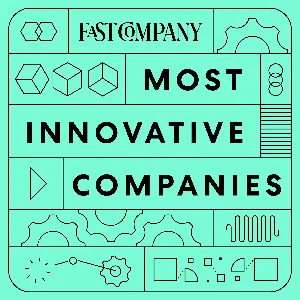Why willpower won’t help you lose weight, with Dr Andrew Jenkinson

Feel like you’re constantly battling your weight? Surgeon, metabolism expert, and author Dr Andrew Jenkinson joins Liz on this episode to share what works – and what doesn’t – when trying to lose weight.
Liz and Andrew discuss the importance of shifting your mindset when it comes to shifting excess pounds, the addictive nature of food (especially the wrong kind!) and what impact the wrong nutrition can really have on our bodies.
The episode also digs into our hunger hormones, and healthy weight management habits you can add into your routine right now.
Links mentioned in the episode:
- Purchase How to Eat (And Still Lose Weight) by Dr Andrew Jenkinson here
- Listen to our podcast on Why We Eat Too Much with Dr Andrew Jenkinson
- Pre-order A Better Second Half by Liz Earle
Hosted on Acast. See acast.com/privacy for more information.





